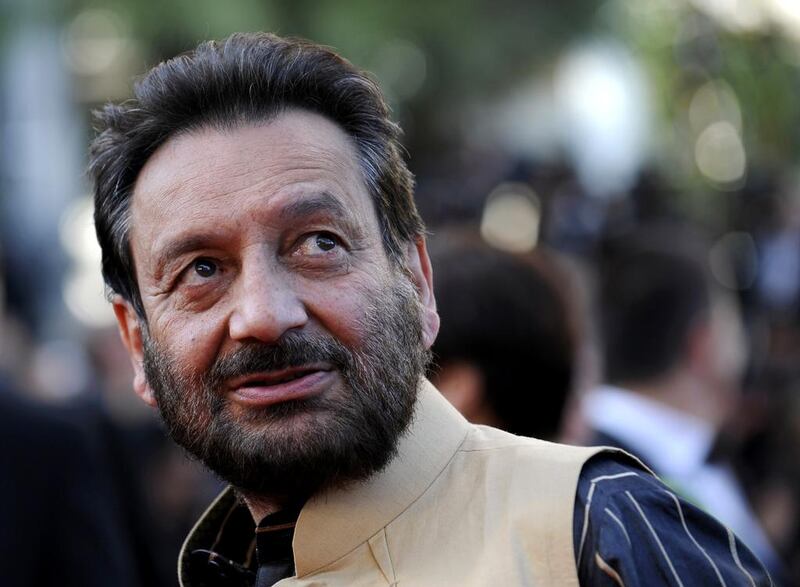You were originally set to direct Mandela: Long Walk to Freedom. What did you think of the Justin Chadwick version?
I saw fundamentally the same script as when I was going to be director. I'm glad it wasn't me who directed in the end. I told the producer I felt a South African should make that film. Mandela was still alive, the ANC was alive and everyone had seen what I had done with Bandit Queen. I don't pull punches when I make a film like that; you have to explore the edges. I wanted to understand why a man of violence turned into a man of peace. So the producer realised I would probably throw out that script and write my own. But they had spent four years working on it already and had essentially bought the rights to the book. I liked the film they made, but it was very demure; it didn't show the whole Mandela. I would have messed it around. But from their point of view, I might have messed it up.
Tell us about meeting Mandela during the early stages of the film.
When I met Mandela, I asked him: "Are you all right Madiba, with us making a film about you?" We all called him Madiba. He said: "Yes, I'm all right, as long as it's telling the truth." I said: "But we filmmakers are very clever. We can string the truth together in such a way that it's the greatest lie ever. It's a case of 'take these separate events, cut them together, and you're making a completely different story. But each fact presented on its own is completely true'." He just laughed and said: "We trust you."
I met him a couple of times, it was pretty amazing. In many ways he was similar to Gandhi, in terms of compromise and talking and finding peaceful solutions to intricate and potentially violent conflicts.
Mandela was nicer to girls than to guys. If a woman walked into the room, suddenly his eyes would light up.
I tried to meet Winnie Mandela, but she absolutely refused to meet me. The message I got was "you're making a film on Nelson, not on Winnie."
Now, I would love to make a film on Mandela. Now that he's gone, and every world leader was the biggest hypocrite at his funeral - did they actually listen to him? No. And yet they were all there, saying: "He was the greatest man who ever lived, the greatest inspiration." But being inspired means you want to emulate that. What have they emulated? Nothing. He said: "You don't have the right to go into Iraq and Afghanistan and start killing people." And when he said poverty was man-made, he was pointing to the fact that governments and corporations create poverty and they can fix it. But it's not convenient to take that on.
[ artslife@thenational.ae ]










